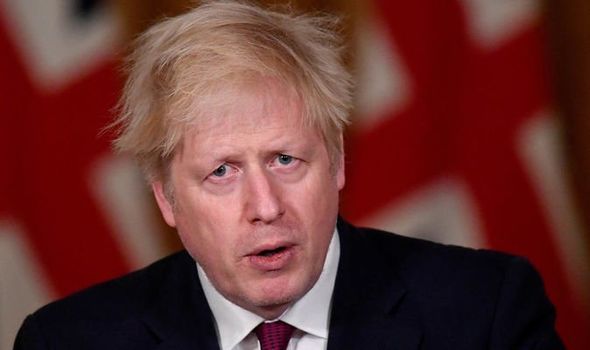LONDON (Parliament Politics Magazine ) – Keir Starmer began PMQs by questioning Boris Johnson whether he supported, opposed, or was on the fence about a windfall tax on energy businesses. There was no clarity on the matter even at the end of the discussion. Johnson has stated several times that he will consider all options to help with rising living costs, meaning that the possibility is still on the table. But he also expressed his ideological reservations with the concept, telling Starmer:
There couldn’t have been more transparency from the debate than their [Labour’s] desire to raise taxes. They didn’t enjoy it, they didn’t want to do it, and they certainly didn’t want to do it because they believed in jobs, investment, and growth. In fact, the oil corporations in question were on pace to invest almost £70 billion in their economy over the next five years, and they were already subjected to a 40% tax rate.
Johnson appeared utterly undecided because he is hopelessly undecided — battered between the Daily Telegraph telling him this morning that a windfall tax would be “wildly popular” and Liz Truss warning him on the radio that a windfall tax would be un-Tory.
Starmer was out to demonstrate how inept and useless the government’s reaction to the cost-of-living crisis was, and he succeeded admirably. He had a good soundbite when he said Johnson’s continued dithering meant that he was making a choice to let people struggle when they didn’t have to since a windfall tax U-turn was now “inevitable.” But Starmer’s best question was undoubtedly his final one, in which he personalised the issue by inquiring about a patient struggling to pay his dialysis fees. According to Paul Waugh of the I the Tories were humbled.
When confronted with such criticism, a PM’s best reaction is to be able to respond, “I hear you, and we’re going to do X.” It is not an option for Johnson yet since the decisions have not been made, instead he turned to cataloguing the measures previously implemented by the administration and alleging that they were only possible because of the Conservatives’ strong economic management. Johnson sounded bold, not persuasive though; the second point is shaky, and the first amounted to urging voters to be grateful for actions already performed.
Johnson used two unusual red herrings as well. He stated at one time that sanctions against Russia would always be problematic, but that “giving in, not sticking to the course” would be a greater economic risk. This might make sense if Starmer supported the repeal of sanctions, but he does not. And in his initial answer to Starmer, Johnson slammed the culture wars, accusing Starmer of not being able to define a woman.
This is not happening for the first time Johnson has tried to use the trans issued during PMQs to affect an election, and there are likely some in Tory HQ who were of the belief that issues like this may sway an election. Tony Blair appeared in agreement; in a recent article, he stated Starmer should stake out a stance on the ‘culture-wars’ problems that sets Labour’s feet clearly in the centre of gravity of the British people.” But when Johnson brought it up today, it seemed completely irrelevant.
Summary of the afternoon
- Boris Johnson should “make up his mind” and enforce a windfall tax on North Sea energy companies, according to Keir Starmer, who also stated that the PM is “choosing to let people struggle” by delaying any further action.
- Inflation in the United Kingdom hit 9% in April, the highest in more than 40 years, as soaring gas and electricity prices pushed household energy bills to new highs.
- Sir Bernard Jenkin, the Conservative MP who leads the Commons liaison committee, has called on the government to implement a £13.5 billion package to help people cope with the current economic downturn.
- Political leaders and diplomats say the UK government’s move to withdraw from elements of the Northern Ireland Brexit deal is undermining the country’s mended relationship with the EU.
- According to the new chief inspector of constabulary, the cost of living issue will lead to an increase in crime, and officers must exercise “discretion” when deciding whether or not to charge people who steal to eat.






